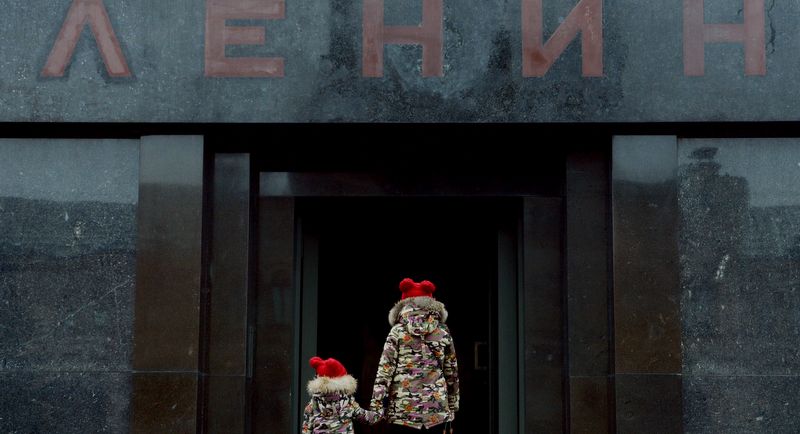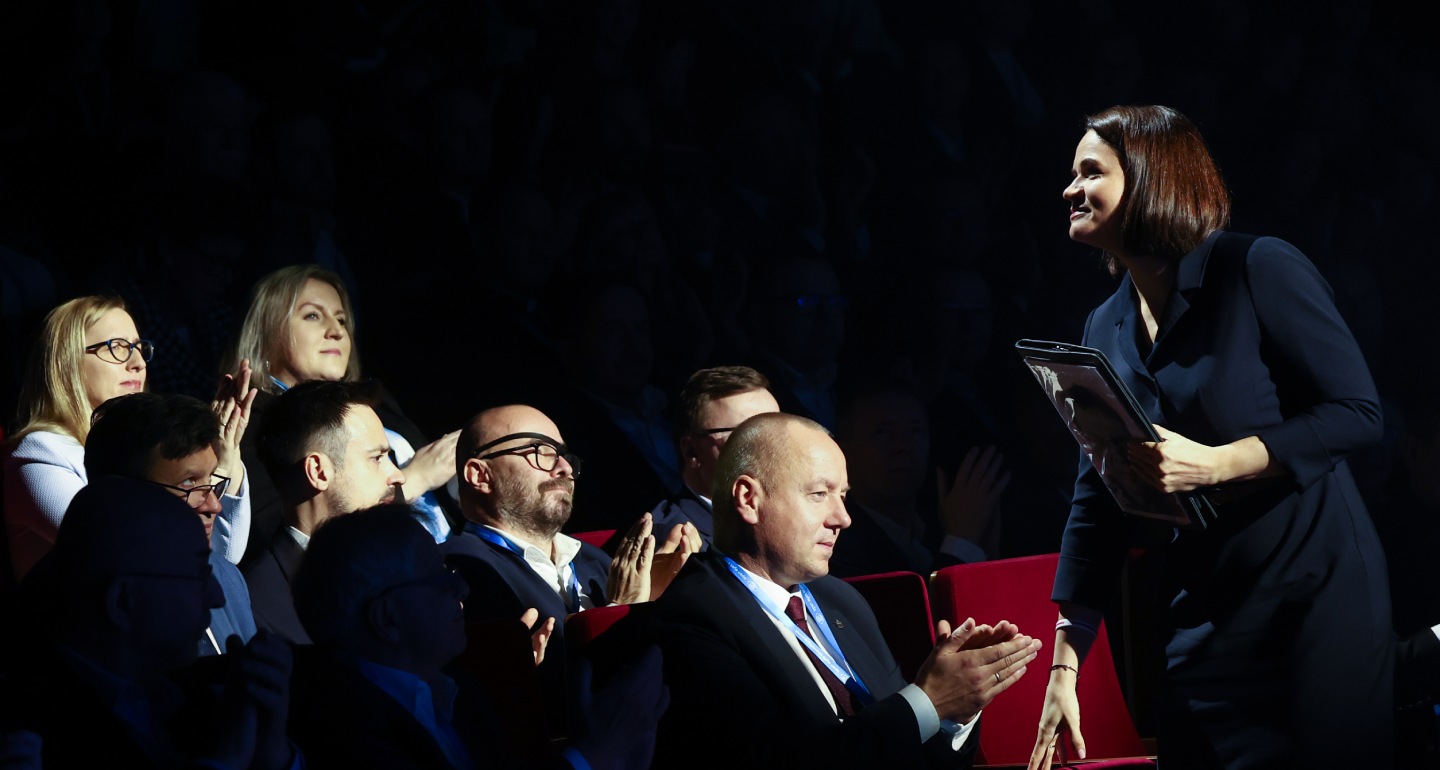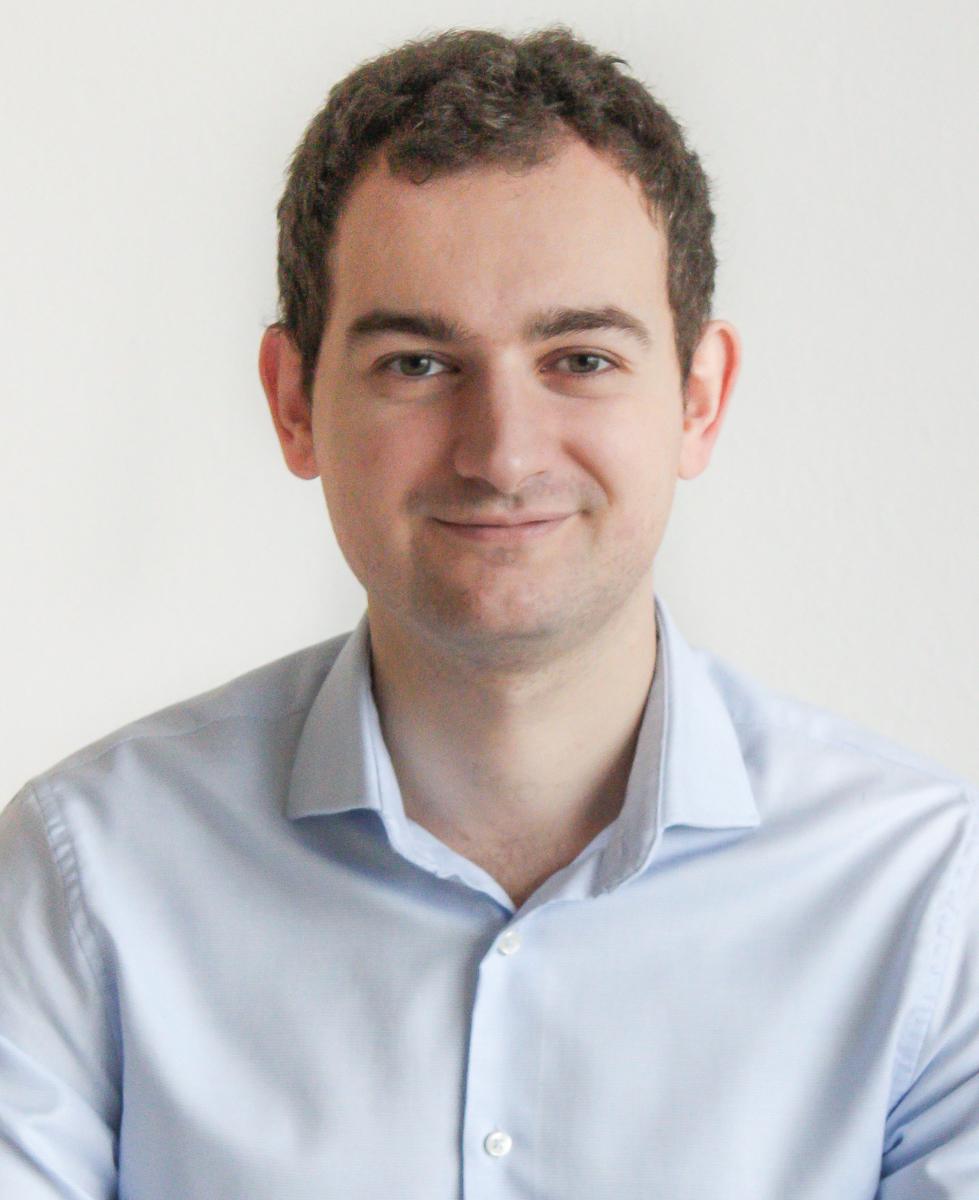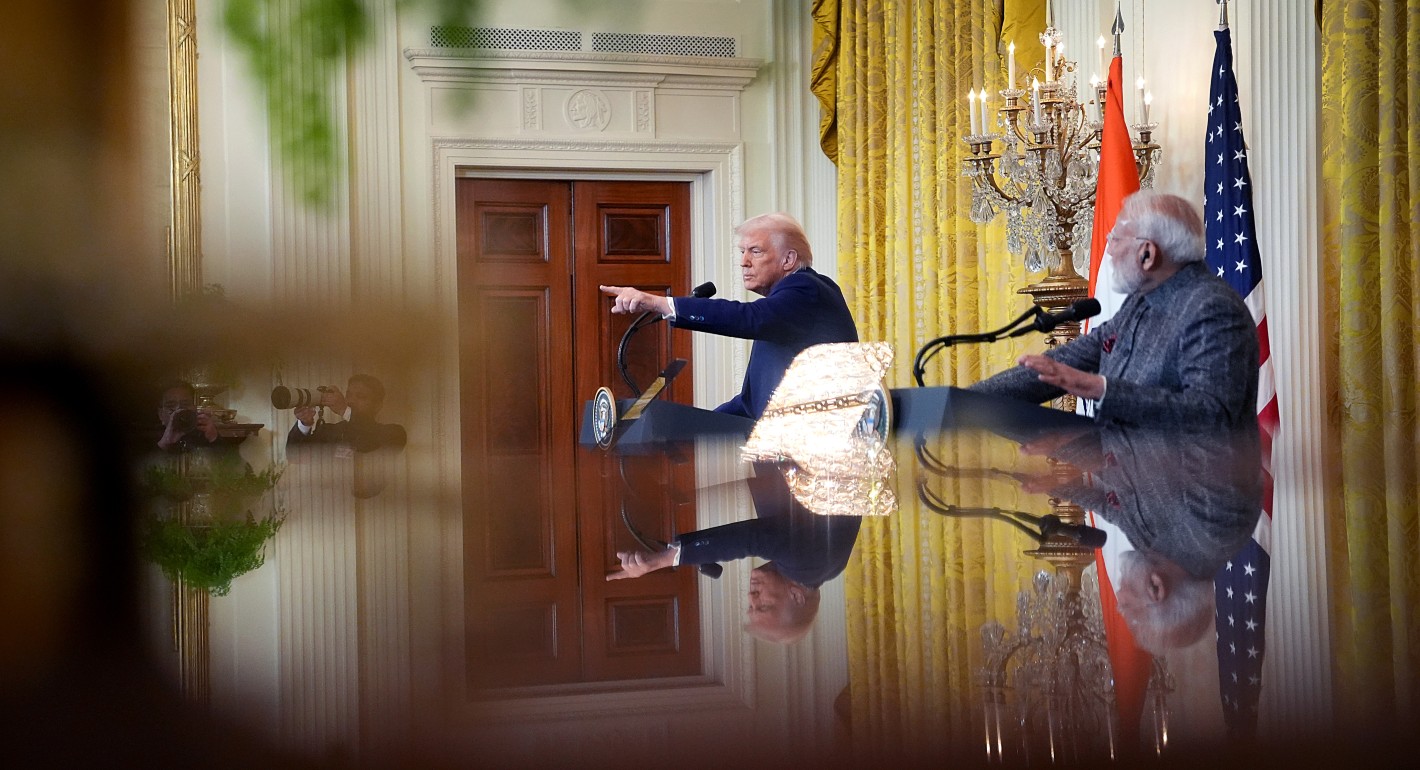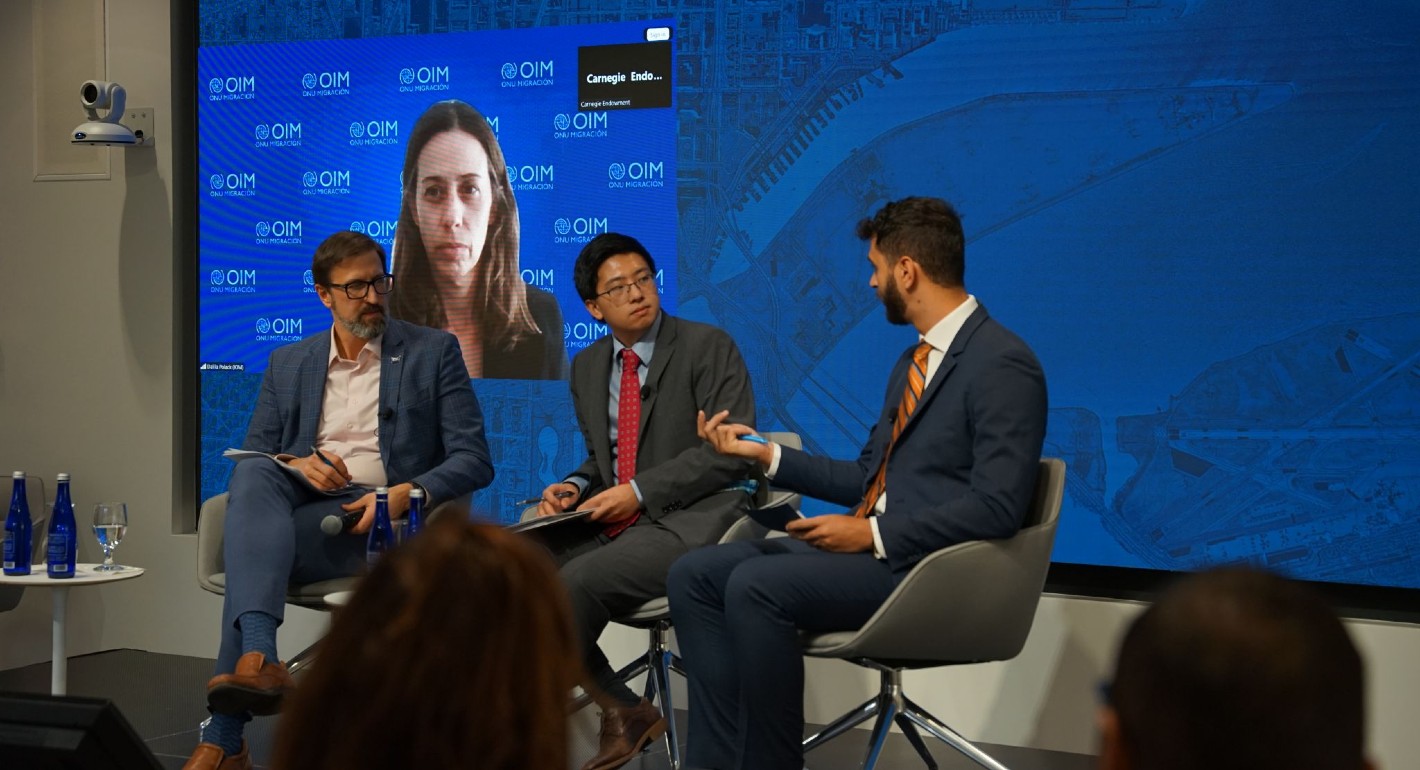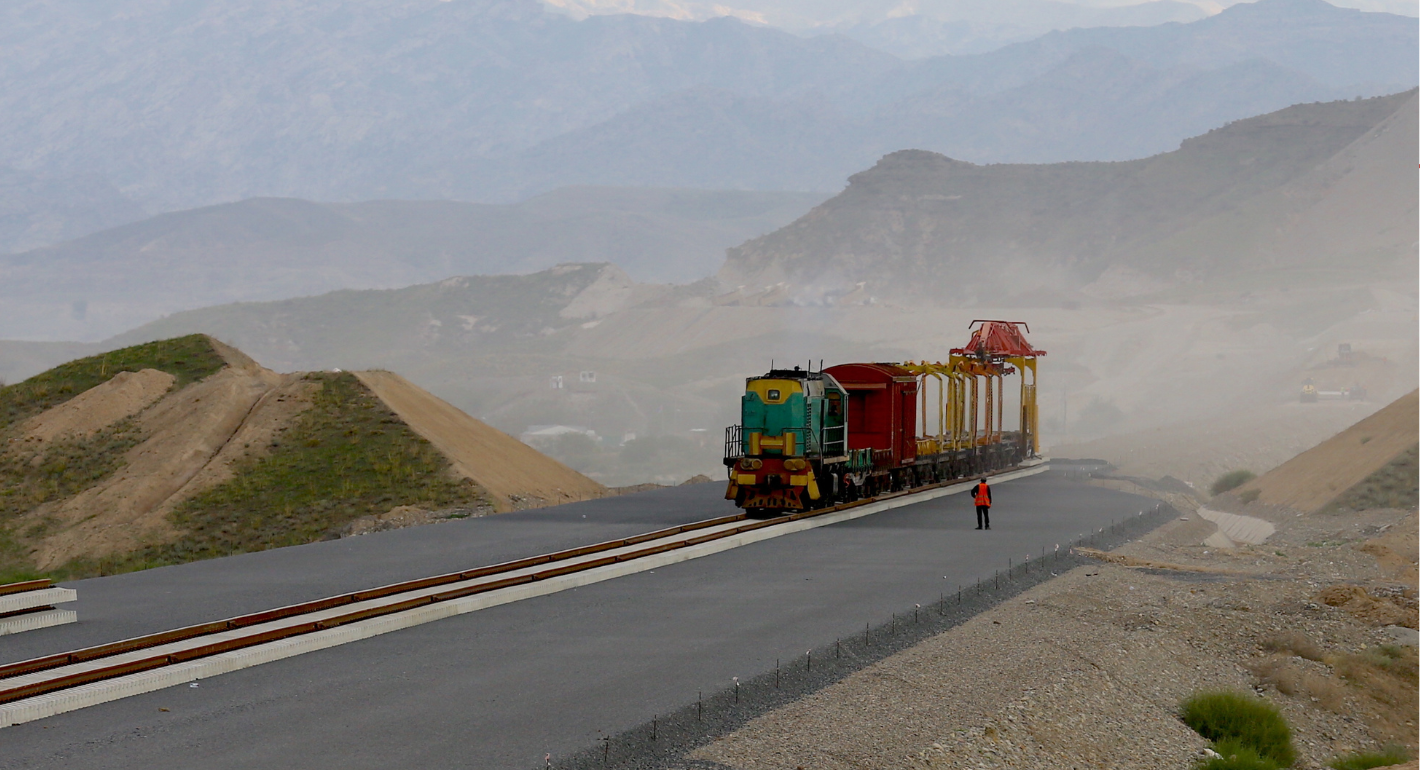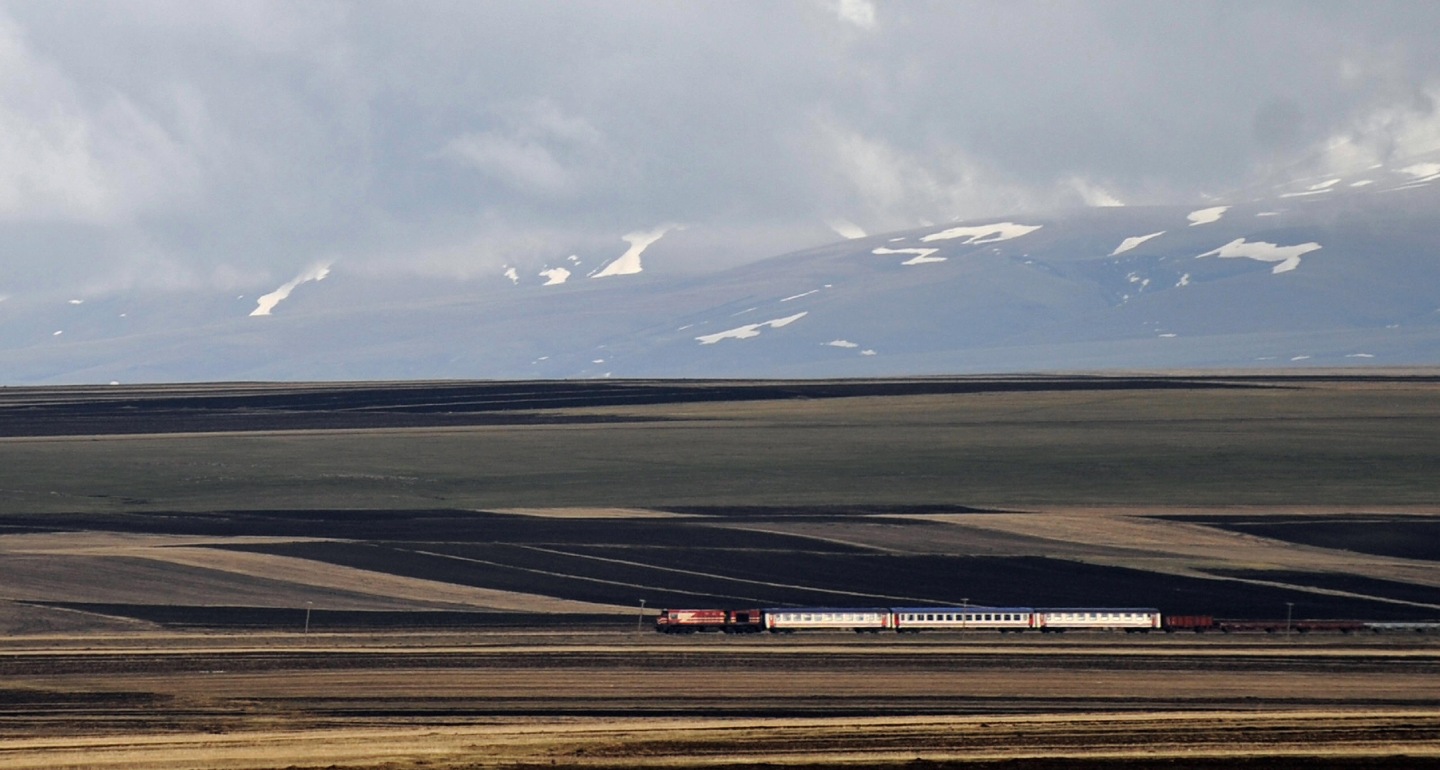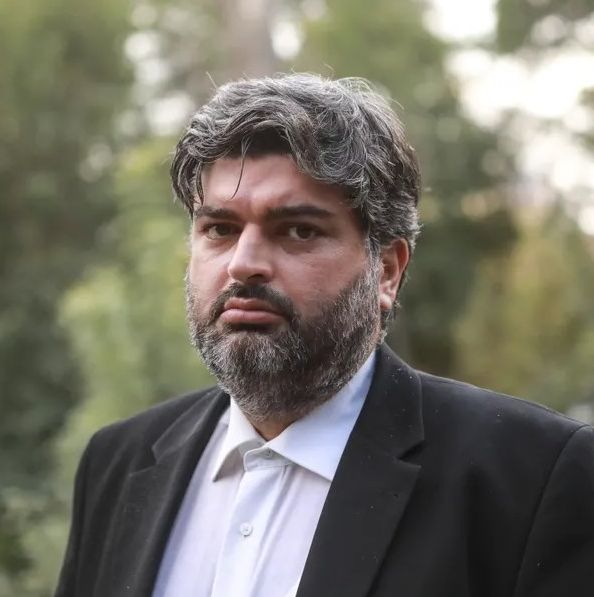Source: Foreign Affairs
When the Soviet Union broke up in 1991, the hope among those Russians who welcomed its demise was that the newly created Russian Federation would return to Europe. Russia's victorious liberals and democrats dreamed of a market economy and Western political freedoms, while the bulk of the population longed for well-stocked supermarkets and the post-imperial, post-ideological stability of countries such as Germany and Sweden.
A quarter-century later, after a tumultuous economic and political transition, Russia has, in fact, moved away from Europe. Russian leaders regard their country as a self-sustained civilization related to Europe yet clearly separate from it. This worldview calls into question not just the legacies of former Russian President Boris Yeltsin and the Soviet leader Mikhail Gorbachev, both of whom looked at Europe as a model for Russia's own development, but also much of the Europeanizing Peter the Great's, as well. The key to understanding this shift lies in the Russian elite's and Russian public's experiences with their European counterparts over the last 25 years.
At the heart of Europe
In the first years after the collapse of the USSR, there was hardly a European or Euro-Atlantic club that Russian leaders did not try to join. They made NATO and the European Union their prime targets, surprising those groups' existing members with their interest and forcing them, in view of Russia’s proximity and size, to meet them halfway through institutional partnerships. Those arrangements promised a great deal but did not offer the level of inclusion and involvement in decision making that Moscow coveted. Russia was, instead, admitted to the continent's second-tier bodies, such as the Council of Europe, which watches over the maintenance of democratic values and human rights. It also joined the Organization for Security and Cooperation in Europe, along with all of the other former Soviet republics, thus collectively inheriting the seat on a forum that the USSR cofounded in 1975.
With Cold War–era restrictions gone, Russians were now free to travel to Europe and to mingle with those Europeans curious or courageous enough to visit their chaotic post-communist country. In the early 1990s, European goods began to flood the Russian market. European ideas promoted by a number of foreign-funded NGOs, such as those advocating open societies and democratic governance, began to fill the void left by Marxism-Leninism and Soviet propaganda. The European way of life—or, rather, popular Russian impressions of it—became the new social standard, and in the popular vernacular, the word “European” connoted quality. Ordinary Russians longed to be recognized as fellow Europeans, and some Russians regarded their country as more properly European than the former satellite countries of the Warsaw Pact and in the same league as France, Germany, and the United Kingdom.
As for most Europeans, Europe extended all the way to Russia's western frontier—but it stopped there. Starting in the mid-1990s, NATO and the EU started expanding eastward, seeking to cement the gains that the Soviet collapse seemed to promise. Yet Western officials made it clear that neither institution would include Russia: the country's economic and democratic transitions were too slow and uneven for it to qualify.
After the Russian financial crisis of 1998, in which Moscow defaulted on its debt, many in western Europe believed that the country's transition had failed and that it would soon enter a new period of chaos. In public, Western leaders continued to suggest that Russia was too big and too unique to be offered anything beyond a special relationship. In private, many started to write Russia off as irrelevant and began to envision a global system that would exclude it.
More prescient Western leaders, particularly in the United States and the United Kingdom, reasoned differently. Whether weak or strong, they maintained, Russia would refuse the first condition of Western integration: the unquestioning acceptance of U.S. leadership. Even when its power reached its nadir, Moscow demanded an effectively coequal status with the United States, or at least a position as Washington’s deputy, which did not bode well for the U.S-led NATO alliance in the event that Russia were allowed in.
This line of thinking suggested that, whether or not Europe welcomed Russia into its institutions, Moscow would never accept a subordinate position in the regional order. So rather than integrating Russia into the Euro-Atlantic system, Americans and western Europeans began to hedge against the potential rebirth of Moscow’s great-power ambitions. That was one reason that NATO and the EU opened their doors to the Soviet Union’s former satellites and republics.
Then, in the first years of this century, the West took a harder look at a number of increasingly illiberal trends within Russia: the rise of the state's role in the economy; the growth of authoritarianism in Moscow; the spread, with the support of the Russian Orthodox Church, of social conservatism and traditionalism; and the revival of the country's military and law-enforcement agencies. By that time, the Russian public had come to regard the 1990s—with its experiment in democracy, the advent of the free market, and its unprecedented openness—as a period of national humiliation that produced undeserved wealth for a few, misery for many, and prostration before foreigners. Patriotism, a dirty word among Russian liberals only a few years before, was making a comeback, accompanied by various hues of Russian nationalisms. The Russians who traveled to Europe—in ever greater numbers, thanks to the country’s growing oil wealth—learned to look at the continent pragmatically, as consumers, tourists, or real-estate owners.
Moscow looks east
The events of 2014 deepened those tendencies, that year's geopolitical tensions and economic downturn notwithstanding. Even as the Russian public celebrated the return of Crimea to their country in the spring of that year, many were disappointed with Europe's condemnation of Russia's actions and felt that Europe's mainstream media had taken an anti-Russian bias, just as it had during Russia's 2008 war with Georgia. The economic sanctions that the EU imposed on Russia did more to rally ordinary people around the Kremlin on foreign policy than any action taken by the Kremlin itself. (According to a November 2016 poll by the independent Levada Center, 74 percent of Russians believe that the sanctions are aimed at weakening and humiliating Russia; only five percent regard the sanctions as an instrument to stop the conflict in Ukraine’s east.) The Russian state-run media's depiction of Europe as a rudderless, spineless continent—led by elites prostrating themselves before Washington and mired in problems created by open-door immigration policies, the loss of traditional family values, and de facto atheism—became generally accepted, particularly among those with little direct exposure to Europe. Those who had such exposure continued to approach Europe as they had before: pragmatically.
What shifted more profoundly around that time was the Kremlin’s view of Russian-European relations. Until 2012, Russia's official policy presented the country as part of a “global Europe," including North America, Europe proper, and Russia. Then, with Vladimir Putin back in the Russian presidency, the abandonment of the U.S.–Russia "reset" by U.S. President Barack Obama, the toughening of German Chancellor Angela Merkel's stance on Russia, and the widening of the rift between Russia and the West over Syria, this began to change. Over the past few years, the Kremlin has definitively assumed the view that Russia constitutes a nation-civilization in its own right, apart from Europe.
This shift in thinking came with a change in strategy. Russia, which is one of the few states in the world with a truly global reach, sought to rebalance its Western-oriented policies with a broader strategic vision. Moscow turned south to the Middle East and North Africa, intervening in Syria and deepening its ties with Egypt. It looked east, upgrading its energy and military partnerships with China. And to the north, in the Arctic, it began to expand the Northern Sea Route, claim vast areas of the region's continental shelf, and rebuild some Soviet-era military installations. Europe, having ceased to be a mentor and a model, is now just another neighbor, part of a Greater Eurasia stretching from Ireland to Japan.
To many Russians, recent developments in Europe—the rise of nationalism, the popular skepticism toward the free market, and the decline in European integration—suggest that the continent is undergoing a potentially positive evolution, away from the excesses of U.S.-dominated globalism and toward a greater prioritization of the national interest. With the traditionally Russoskeptic United Kingdom set to sail away from the EU soon, Russians anticipate the rebirth of Gaullism in France and a revival of Germany’s Russia-friendly Ostpolitik. Should that happen, relations between Russia and Europe will grow warmer, particularly in the economic realm, in which the EU will continue to be Russia’s biggest trading partner by far.
But such a thawing will not turn back the clock to the 1990s, when, for a brief moment, Russia fancied itself a part of Europe. The greater Europe for which Putin was advocating as late as 2010 will not emerge anytime soon. It has been replaced in the Kremlin's thinking by a greater Eurasia comprising China, India, Japan, Turkey, and—the EU.
This article was originally published in the Foreign Affairs
